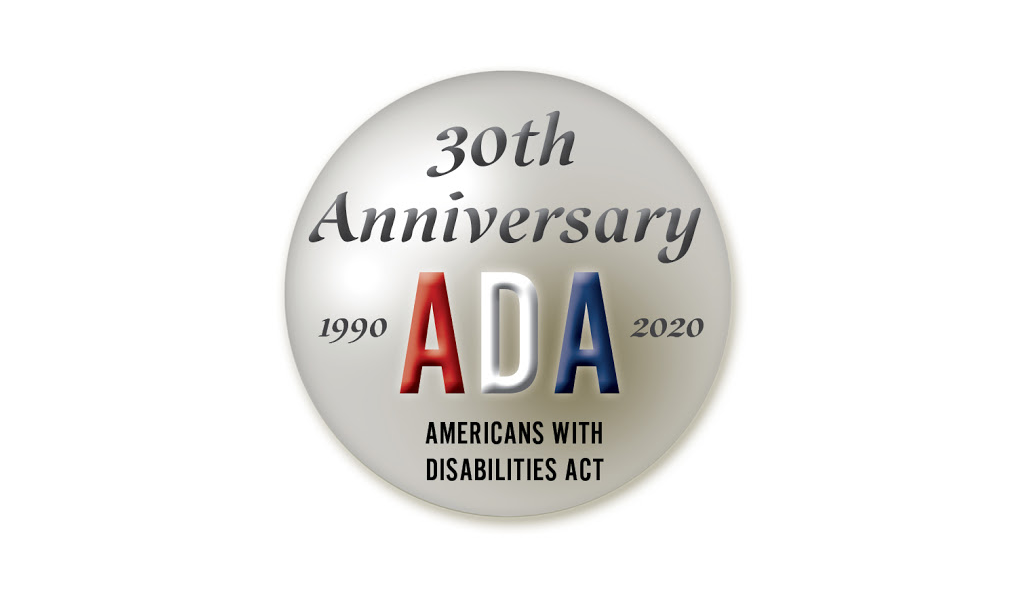This year, we celebrate the 30th anniversary of the landmark law, Americans with Disabilities Act (ADA), and the dedicated and determined people who made it happen. We also recognize life is constantly changing and advocacy must continue to ensure equal rights and opportunity for people with disabilities.
New York Association on Independent Living and New York’s Independent Living Centers are hosting a special event, The ADA: Then & Now on July 28th | 10am-12pm
Learn more
History of ADA
On March 12, 1990, more than 1,000 protesters gathered near the iconic west steps of the U.S.  Capitol, the site of many rallies throughout American history, But this protest was unlike any before. At that time, the Capitol had no wheelchair ramps, limiting access to people unable to climb 78 steps leading to the public entrance. As the rally continued, around 60 people cast their wheelchairs aside and began crawling up the Capitol steps.
Capitol, the site of many rallies throughout American history, But this protest was unlike any before. At that time, the Capitol had no wheelchair ramps, limiting access to people unable to climb 78 steps leading to the public entrance. As the rally continued, around 60 people cast their wheelchairs aside and began crawling up the Capitol steps.
What became known as the “Capitol Crawl” was a startling and symbolic sight for the members of Congress, who were inside debating a bill that would soon become the Americans with Disabilities Act (ADA).
A few months later on July 26th, 1990, President George H.W. Bush signed the Americans with Disabilities Act into law, following many years of advocacy efforts by disability rights supporters.
The ADA guarantees the right of people with disabilities to receive reasonable accommodations so they can participate in all areas of life. The law address jobs, schools, transportation as well as all ensuring access to public and private places open to the public. The purpose of the law is to make sure that people with disabilities have the same rights and opportunities as everyone else.
The ADA is divided into five sections (titles) that correspond to different areas of life:
- Title I- Employment– requires employers to provide people with disabilities reasonable accommodations.
- Title II- Public Services (including transportation)- State and local governments must give people with disabilities the same chances as people without disabilities to use all of their programs and services.
- Title III- Public Accommodations and Services Operated by Private Entities– protects against discrimination by “public accommodations.” Public accommodations are private organizations or people which own, lease, or run places meant for the public to us
- Title IV- Telecommunications- requiring telecommunications companies to provide functionally equivalent services to people with disabilities.
- Title V- Miscellaneous Provisions- Provisions covering the entire ADA. Most importantly, it prohibits retaliation against people who enforce their rights under the Americans with Disabilities Act.
You can find a more detailed explanation of each Title here.
The ADA was and continues to be a groundbreaking piece of civil rights legislation made possible by the thousands of people behind the disability rights movement who, over the course of history, challenged social barriers in search of justice.
Crip Camp is a documentary that follows one such grassroots movement in the early 70’s that helped pave the way for the ADA. This incredibly moving and inspiring documentary can be seen on NETFLIX.

